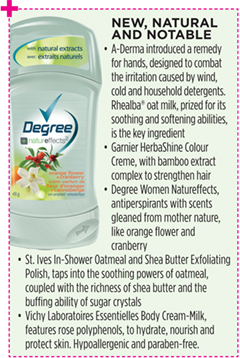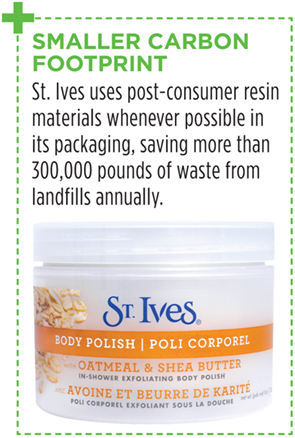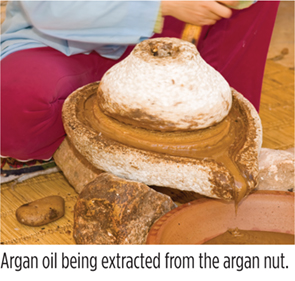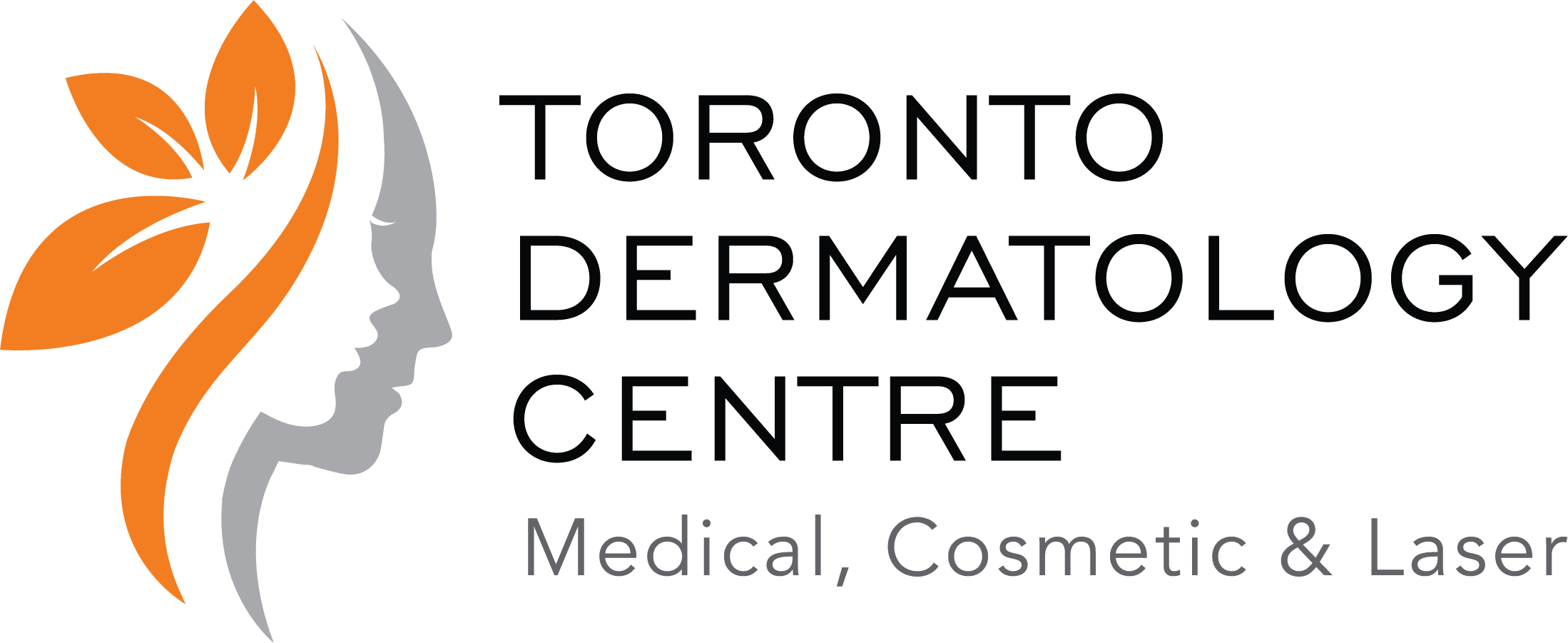 The new millennium ushered in a new consumer eco-awareness. Now the beauty world answers the call of consumers by introducing products that use environmentally friendly packaging and contain ethically sourced ingredients. Even big names have adopted green practices and reformulated products for a savvy public that want to make choices good for the planet and their skin.
The new millennium ushered in a new consumer eco-awareness. Now the beauty world answers the call of consumers by introducing products that use environmentally friendly packaging and contain ethically sourced ingredients. Even big names have adopted green practices and reformulated products for a savvy public that want to make choices good for the planet and their skin.
Naturals that work
Pomegranate oil and extract have high antioxidant levels and nutrients like punicic acid. Research shows that the seed oil helps stimulate cell regeneration.
Top pick: Burt’s Bees Lip Balm with pomegranate oil
Soybeans offer antioxidant and anti-inflammatory properties. Studies reveal soy-based moisturisers applied to the face boost collagen production, improve texture and reduce blotchiness.
Top picks: Aveeno Positively Radiant Daily Moisturizer, Vaseline Clinical Therapy
Alpha-hydroxy acids (AHAs). This group of acids star in exfoliation and improving skin texture. Most common are: glycolic acid (derived from sugar cane), lactic acid (sour milk), citric acid (citrus fruit) and malic acid (apples). Glycolic acid is especially good because its small molecules easily penetrate the skin.
Top picks: NeoStrata Oil Free Smoothing Lotion Level 3 (with 10% glycolic acid); Juice Organics Brightening System (includes a cleanser, facial serum, eye treatment and moisturiser). And Reversa Skin Smoothing Cream (with 8% glycolic acid)
Niacinamide, a form of Vitamin B3. Many cosmetic formulations include Vitamins C and E, and now, niacinamide. Studies prove it is a superior moisturising agent, outperforming petrolatum (the main ingredient in petroleum jelly, derived from not-so-eco-friendly crude oil and petroleum). Top pick: Olay Pro-X Deep Wrinkle Treatment

It’s natural
Synthetic ingredients have fallen out of favour. For example, parabens, a widely used preservative in hair products, makeup and moisturisers, were the subject of a 2004 study linking them to breast cancer; this received negative publicity but a direct link was not proven. Acceptable paraben levels in cosmetics determined by governmental reviews are 25%. Typically retail products range from 0.01 to 0.3%. In spite of the safety ‘pass’, bad publicity has shoppers looking for paraben-free products, like St. Ives and Kiss My Face. To check paraben levels in products: skindeep.org.
Toronto dermatologist Dr. Benjamin Barankin of The Dermatology Centre says, “Natural products are no better than synthetic ones. Some people feel that they are and that they can’t be allergic to them. You can be allergic to anything.” Most people will be fine with a fragrance derived from a plant source, but it can cause problems for others who experience allergic reactions – itchy skin, hives, or a rash. If you’re prone to sensitivity, Dr. Barankin suggests testing new products by applying it on the inside of your arm, twice daily for a week. Watch for any sign of sensitivity.
Buy products with the scientific research that back up their natural ingredients claims.
Inadequate labeling information can cause frustration when looking for products with effective plant or mineral-derived, natural ingredients. Some companies are more open about product composition. On its website, Burt’s Bees lists the percentage of natural ingredients and their common names. Even without detailed information, the amount of a natural ingredient is determined by its position on the ingredient list. If it’s near the end, the amount is likely ineffective.
Don’t succumb to marketing hype; buy products with the scientific research that back up their natural ingredients claims.
Ethical beauty
What you buy should make you feel good and look good. Companies are searching out ingredients that have a positive impact for the environment and local communities. Argan oil, extracted from nuts of the endangered tree native to south-west Morocco is known for its anti-aging abilities, three times the Vitamin E content found in olive oil. 
French manufacturer BcomBIO purchases argan oil from a women’s cooperative that harvests the nuts, extracts the oil and plants new trees to ensure sustainability in their organic Intense Anti-Aging Cream. The women and their families gain financial independence and access to health care and schooling.
Organic face value
Organic beauty products are multiplying quickly in the marketplace. They may be more expensive, but are they worth it? According to Dr. Barankin, organic products are worth the extra money if you don’t want to worry about potentially harmful chemicals in your favourite skincare items, even without data. There are plenty of organic options available today; brands include Kiss My Face, Juice Organics and Heiko. H&L
| Canadian Health & Lifestyle Magazine – Green scene |
